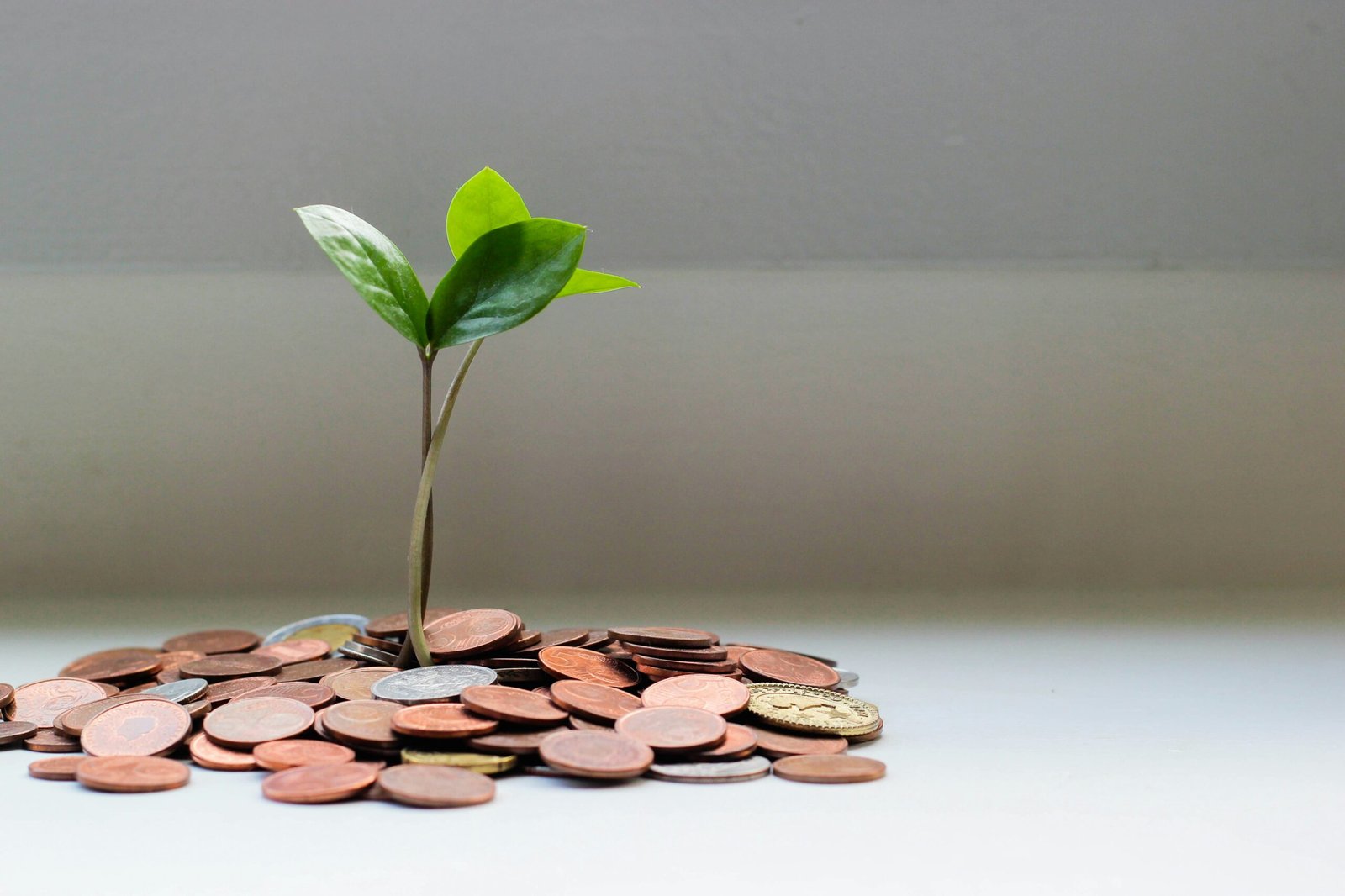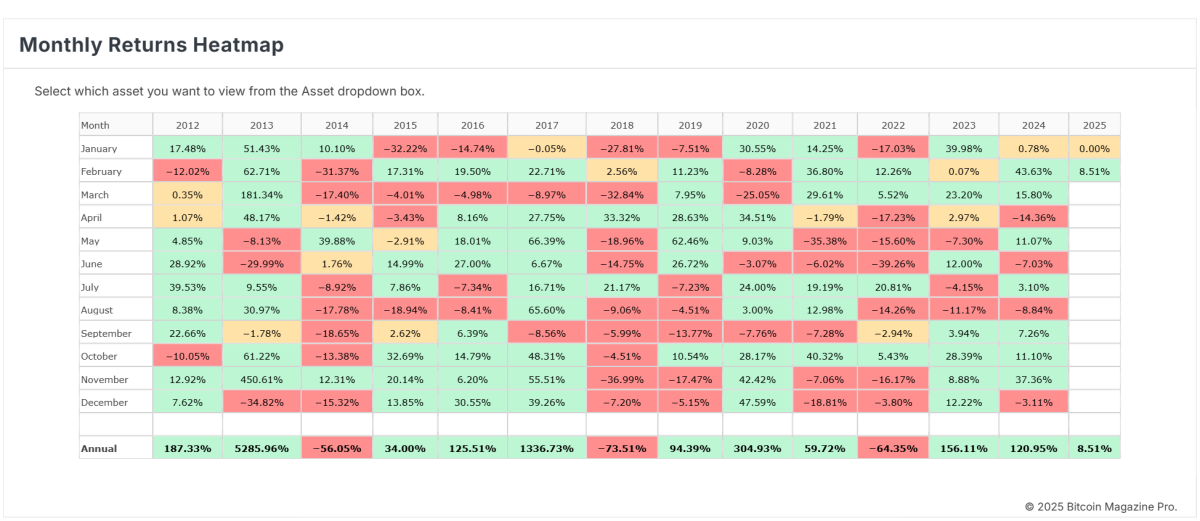10 Worst Ways to Waste Money That Drain Your Bank Account Every Month
Managing your finances can be challenging, especially when there are numerous temptations and conveniences that can easily lead to wasteful spending. While some expenses are necessary, many others can be avoided with a little awareness and discipline. This article delves into the ten worst ways to waste money that can drain your bank account every month. By identifying and understanding these pitfalls, you can take proactive steps to improve your financial health and save more for the future.
1. Unnecessary Subscriptions and Memberships
The Allure of Subscription Services
Subscription services have become incredibly popular in recent years, offering everything from streaming entertainment and music to meal kits and beauty products. While these services can provide convenience and enjoyment, they can also add up quickly.
Common Culprits
- Streaming Services: Subscribing to multiple streaming platforms like Netflix, Hulu, Amazon Prime, Disney+, and more can significantly impact your budget.
- Gym Memberships: Many people sign up for gym memberships with good intentions but fail to use them regularly.
- Subscription Boxes: Monthly boxes for beauty products, snacks, or hobbies might seem like a treat, but they often lead to clutter and wasted money.
- Magazine Subscriptions: In the digital age, print magazine subscriptions are often redundant and go unread.
Solutions
- Audit Your Subscriptions: Regularly review your subscription services and cancel those you don’t use.
- Seek Alternatives: Consider free or cheaper alternatives, such as library memberships for books and movies or free workout videos online.
2. Dining Out and Takeout Meals
The Convenience Factor
Eating out or ordering takeout can be a convenient option after a long day at work, but it’s one of the most significant money drains on a monthly budget.
Hidden Costs
- Markups: Restaurants often mark up food prices significantly compared to home-cooked meals.
- Fees and Tips: Delivery fees, service charges, and tips add up quickly.
- Impulse Orders: Ordering food when hungry can lead to over-ordering and waste.
Solutions
- Meal Planning: Plan your meals for the week to reduce the temptation to eat out.
- Batch Cooking: Prepare large batches of food and freeze portions for later use.
- Set Limits: Allow yourself to eat out occasionally as a treat, but set a strict limit on the frequency.
3. Impulse Purchases
The Emotional Aspect
Impulse buying is often driven by emotions, such as stress, boredom, or the desire for instant gratification. This habit can quickly drain your bank account.
Common Impulse Buys
- Clothing and Accessories: Buying clothes and accessories on a whim can lead to a cluttered closet and a depleted bank account.
- Tech Gadgets: The latest gadgets and tech accessories are tempting but often unnecessary.
- Home Decor: Decorative items for the home can add up quickly and are often not essential.
Solutions
- Create a Budget: Stick to a monthly budget that includes a specific amount for discretionary spending.
- Wait Before Buying: Implement a waiting period before making non-essential purchases to evaluate if you really need them.
- Shop with a List: Make a list before shopping and stick to it to avoid impulse buys.
4. Credit Card Interest and Fees
The Cost of Debt
Credit cards offer convenience and rewards, but carrying a balance can lead to significant interest charges and fees, draining your finances.
Types of Fees
- Interest Charges: High-interest rates on unpaid balances can quickly accumulate.
- Late Payment Fees: Missing a payment can result in hefty late fees.
- Annual Fees: Some credit cards charge an annual fee, which may not be justified by the benefits offered.
Solutions
- Pay Off Balances: Aim to pay off your credit card balance in full each month to avoid interest charges.
- Avoid Unnecessary Fees: Choose credit cards with no annual fee or ensure the benefits outweigh the cost.
- Set Reminders: Use calendar reminders or automatic payments to avoid late fees.
5. Buying Coffee and Snacks
Daily Expenses Add Up
Grabbing a coffee or snack on your way to work or during breaks might seem insignificant, but these small purchases can add up over time.
The Hidden Cost
- Daily Coffee: Spending $3-$5 on coffee each day can result in hundreds of dollars spent annually.
- Snacks and Drinks: Frequent purchases of snacks and drinks can quickly accumulate, impacting your monthly budget.
Solutions
- Make Your Own: Invest in a good coffee maker and bring snacks from home to save money.
- Track Spending: Monitor how much you spend on these items each month and set a budget.
6. Overpaying for Utilities
Inefficient Usage
High utility bills can be a major drain on your finances, often due to inefficient usage and outdated appliances.
Common Issues
- Heating and Cooling: Overusing heating and cooling systems or having poor insulation can lead to high energy bills.
- Water Waste: Long showers, running water while brushing teeth, and leaks can result in high water bills.
- Electricity: Leaving lights and electronics on when not in use increases electricity consumption.
Solutions
- Upgrade Appliances: Invest in energy-efficient appliances and light bulbs.
- Insulate Your Home: Proper insulation can reduce heating and cooling costs.
- Practice Conservation: Adopt habits like turning off lights and electronics when not in use and fixing leaks promptly.
7. Paying for Unused Services
Forgotten Charges
Many people sign up for services and forget about them, resulting in monthly charges for services they no longer use or need.
Examples
- Cloud Storage: Paying for excess cloud storage when free or cheaper options are available.
- Software Subscriptions: Continuing to pay for software subscriptions you no longer use.
- Online Services: Subscriptions to websites or services that are no longer relevant or used.
Solutions
- Regular Reviews: Conduct regular reviews of your bank statements to identify and cancel unused services.
- Switch to Free Options: Look for free alternatives that meet your needs.
8. Lottery Tickets and Gambling
The Odds Are Against You
Buying lottery tickets or engaging in gambling can be a tempting way to try to make quick money, but the odds are heavily stacked against you.
Financial Impact
- Low Probability of Winning: The chances of winning the lottery or big at gambling are extremely low.
- Regular Losses: Frequent gambling can lead to significant and consistent financial losses.
Solutions
- Set Limits: If you choose to play the lottery or gamble, set strict limits on the amount you spend.
- Seek Alternatives: Consider alternative forms of entertainment or investments with better returns.
9. Not Shopping Around for Insurance
The Cost of Convenience
Sticking with the same insurance provider for years without shopping around can result in overpaying for coverage.
Types of Insurance
- Car Insurance: Rates can vary widely between providers.
- Home Insurance: Homeowners can often find better rates or coverage options by comparing providers.
- Health Insurance: Annual reviews during open enrollment can lead to significant savings.
Solutions
- Annual Reviews: Review your insurance policies annually and compare quotes from multiple providers.
- Bundle Policies: Consider bundling policies (e.g., home and auto) with the same provider for discounts.
10. Ignoring Maintenance and Repairs
Deferred Costs
Neglecting regular maintenance and repairs can lead to more significant expenses down the line.
Common Areas of Neglect
- Home Maintenance: Ignoring minor repairs can lead to major home damage and costly repairs.
- Car Maintenance: Skipping regular car maintenance can result in breakdowns and expensive repairs.
- Appliance Maintenance: Failing to maintain appliances can shorten their lifespan and lead to costly replacements.
Solutions
- Regular Maintenance Schedule: Establish a regular maintenance schedule for your home, car, and appliances.
- Address Issues Promptly: Fix minor issues promptly to prevent them from becoming major problems.
Conclusion
Managing your finances effectively requires awareness and discipline. By identifying and avoiding these ten common ways to waste money, you can significantly improve your financial health and save more each month. Implementing small changes in your spending habits can lead to substantial long-term benefits, helping you achieve your financial goals and secure a more stable future.
Remember, the key to financial success is not just about earning more but also about spending wisely. Regularly review your expenses, set a budget, and be mindful of your spending habits to avoid these financial pitfalls. Your bank account will thank you.










